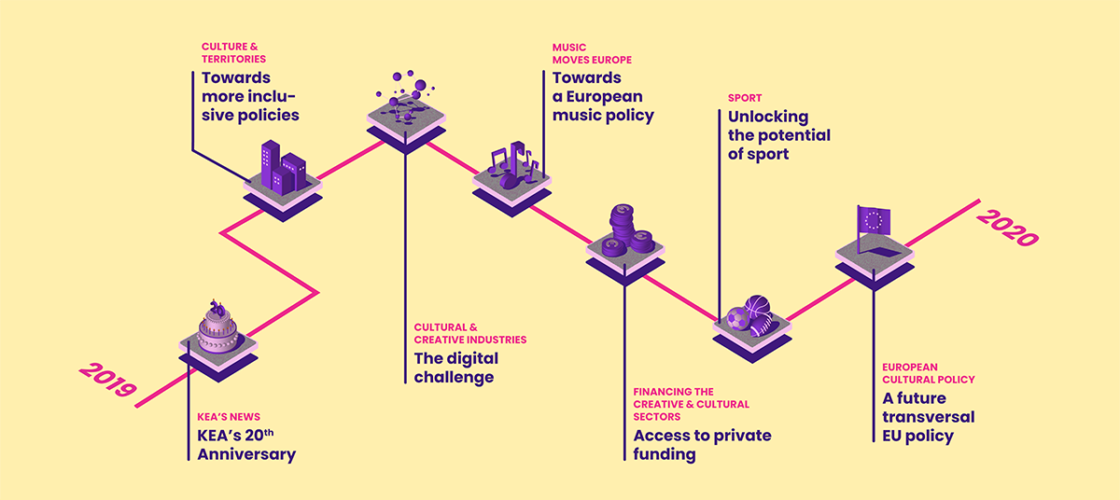
2020 has started, letting go of 2019 along with its multiple events, changes and achievements. In 2019 KEA did not hang about. It was a year of celebration since it marked the 20th anniversary of KEA and as much time of passion, culture and creativity! It was also a year filled with inspiring work and projects. We are proud to have worked on numerous topics and projects during that year whether it was about advising cities about their cultural strategies, producing research on music, audiovisual or cultural tourism, striving for the access of CCS players to private funding, or organizing engaging and successful events.
Take a look at KEA’s 2019 hot topics and how they will impact on 2020.
A glance at future trends for culture and creative industries
Culture and creative sectors (CCS) are confronted with an ever-changing environment which challenges practices, business models and market balances. Together with PPMI, KEA produced the study Culture and creative sectors in the European Union – Key future developments, challenges and opportunities, commissioned by the Policy Department of the European Parliament CULT Committee. The study highlights trends and recommendations about the future developments, challenges and opportunities that the European cultural and creative sectors will face in the European Union by 2030.
Culture and territories: helping states and cities develop more inclusive policies
KEA has been involved in advising various territories with their cultural policies and strategies. Typically, KEA has been commissioned to assist the Ministry of Culture of the Slovak Republic with a view to provide strategic advice on policy measures to support the development of Cultural Industries. More details can be found in our press release. We also worked on a report, as part of the EU4PAR project, aiming to support the Ministry of Culture of Ukraine in advising on improving policy-making processes in the ministry and help finalizing the reorganization of the ministry. Finally, KEA made it to northern territories to advise the city of Espoo (Finland) on an inclusive cultural strategy.
Cultural and creative industries: the digital challenge
The European industry is facing major transformations initiated by an increased digitization and the urge for sustainable models and processes. This new paradigm deeply impacts the way the cultural and creative industries produces and distributes their activities and products while highlighting the need to transition towards a low-carbon economy and models.
In this line, KEA wrote an impulse paper on the cultural and creative sectors innovating European industry. The paper focuses on how the cultural and creative sectors contribute to triggering innovation in the wider economy and society, especially in relation to the most advanced technological/digital trends (e.g. Artificial Intelligence, Internet of Things, etc.) and the social impact of these technologies.
As for the audiovisual market, KEA reported on the conference organised by the Finnish EU Presidency last September to discuss the competitiveness of the European audiovisual industry and to develop a shared European vision. The conference notably highlighted digital and interactivity as the new frontiers in content production. In our article summarizing the conference report, we bring out the different conclusions that are likely to shape the next EU programming and legislative cycles with the forthcoming policy priorities.
Cultural heritage also embodies a field that has been impacted by the digital wave. We had the occasion to explore this topical evolution together with innovation and international collaboration during the ILUCIDARE Playground event organised by KEA in November 2019 as part of the Horizon 2020 funded project ILUCIDARE, where we cracked the future of cultural heritage together with over 200 attendees and speakers.
Music Moves Europe: towards a European music policy
The European Commission is developing a fully-fledged European policy for the music sector. Several calls for proposals and initiatives have been launched under the umbrella of the “Music Moves Europe” framework, addressing issues such as professionalisation and training, or cooperation between music venues in Europe. As part of this, we have been busy in 2019 with researching key topics to help in developing an evidence-based policy framework for music in Europe:
- A research analyzing key trends for the music sector and existing funding mechanisms in Europe, together with Panteia. This research also included a feasibility study for a future European Music Observatory, thus addressing two chronic issues in the sector: access to funding and a lack of accessible data.
- A study outlining a proposal for a European Music Export Strategy to help European music to cross borders, in partnership with EMEE (European Music Exporters Exchange).
The results of these projects will be published in the coming months and we are looking forward to sharing the results with you!
CCS financing: access to private funding
One of the major topics of 2019 touched upon the financing of the CCS and the access of cultural and creative entrepreneurs to private banking services. The European CCS is world leader in creativity but lacks the capacity to scale-up largely because of a deficiency in funding to allow it to reach out to expanding markets. In this line, the European Union ambitions to address the EUR 8 billion funding gap which is preventing the cultural and creative sector (CCS) from growing, creating more jobs and stimulating economic and social renaissance.
KEA has been involved in the CCS Guarantee Facility fund, a €250 million fund launched in June 2016 in the context of the Creative Europe programme, and managed by the EIF on behalf of the European Commission. It is designed to strengthen the competitiveness of the cultural and creative sectors by providing guarantees to participating financial intermediaries. The facility is expected to create more than €600 million in loans and other financial products across the European Union. KEA produced the Market Analysis of the Cultural and Creative Sectors in Europe (March 2019) and has been leading capacity building sessions to train financial professionals in recognizing opportunities in the CCS market in several EU countries.
In order to get a better picture of CCS financing context and future developments, KEA produced a series of articles spanning different perspectives of the challenge:
- Banks and the cultural and creative industries sectors: a new opportunity?
- How to convince the creative investor?
- Are you bankable as a cultural entrepreneur?
- Be Creative – Call the Bank: what to take away from this first seminar
The financing of CCS was also tackled during the Zagreb edition of b.creative – the global event for creative entrepreneurship – powered and organized by KEA, in collaboration with HKKKI.
Unlocking the potential of sport for local and regional development
KEA has been actively supporting the European Commission in the development of the SHARE initiative, which is a platform gathering the sport movement, cities and regions to promote the role of sport and physical activity in local and regional development.
Sport and physical activity make a tremendous contribution to the socio-economic development of cities and regions across Europe, and also has numerous health and ecological benefits. Unfortunately, these impacts are still not sufficiently known, and sport is therefore underserved in terms of public policies and funding.
Inspired by our experience in advising cities and regions in their cultural policies, we are helping to address the issue and unlock different funding streams for sport and physical activity so that it can deliver its full potential for territorial development.
The future of EU cultural policies
The year 2019 also left its mark with the new constitution of the European Commission and the reshaping of its portfolio where the word ‘culture’ was nowhere to be found. We produced an article attempting to cast a new light on what a future transversal European cultural policy could be under the von der Leyen Presidency.
KEA is impatient to start off 2020 with more enthralling assignments and is ready to take up new challenges; including among others the release of its new book tackling the vast topic of the future of cultural policies, foreseen for early 2020.
Happy new year!
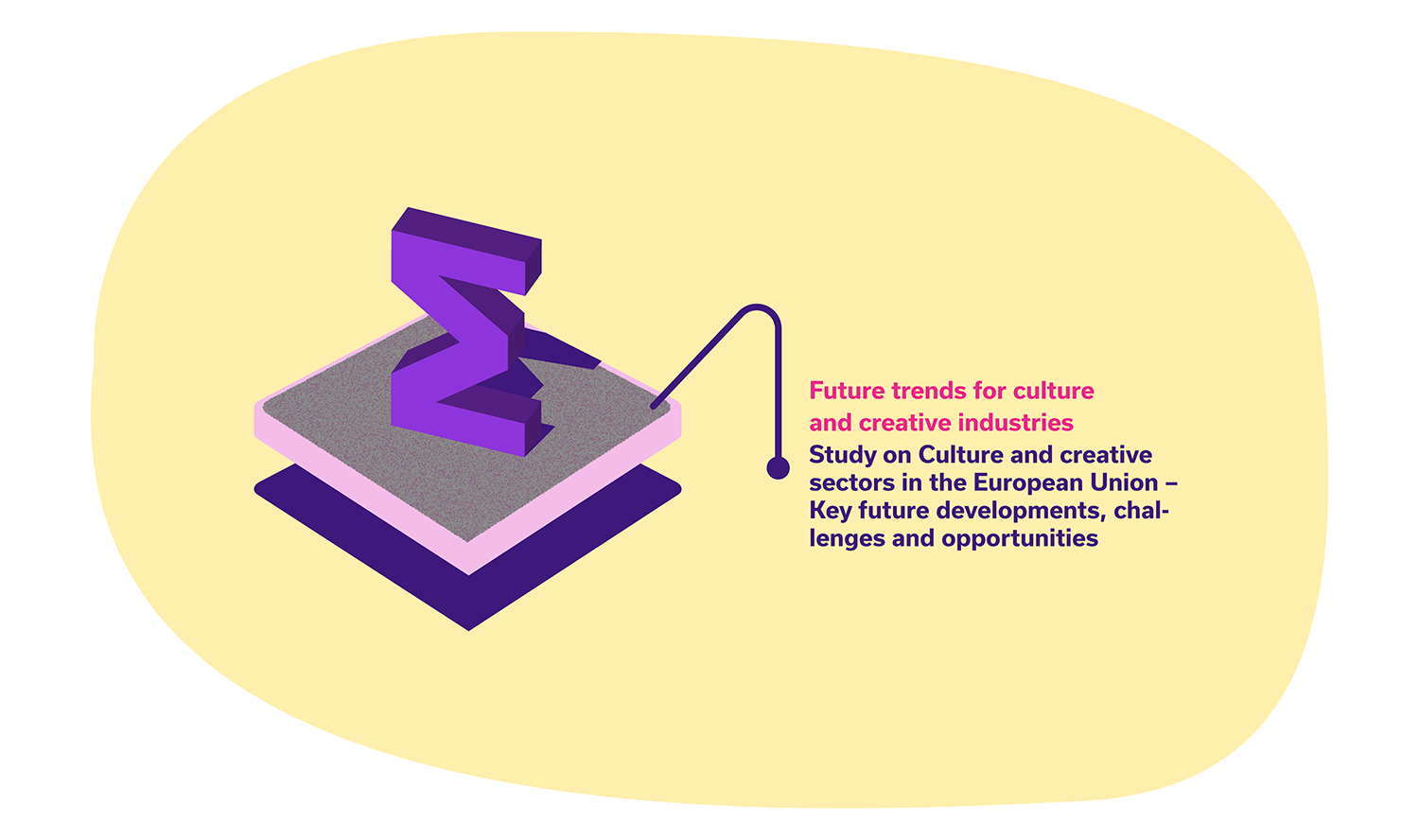
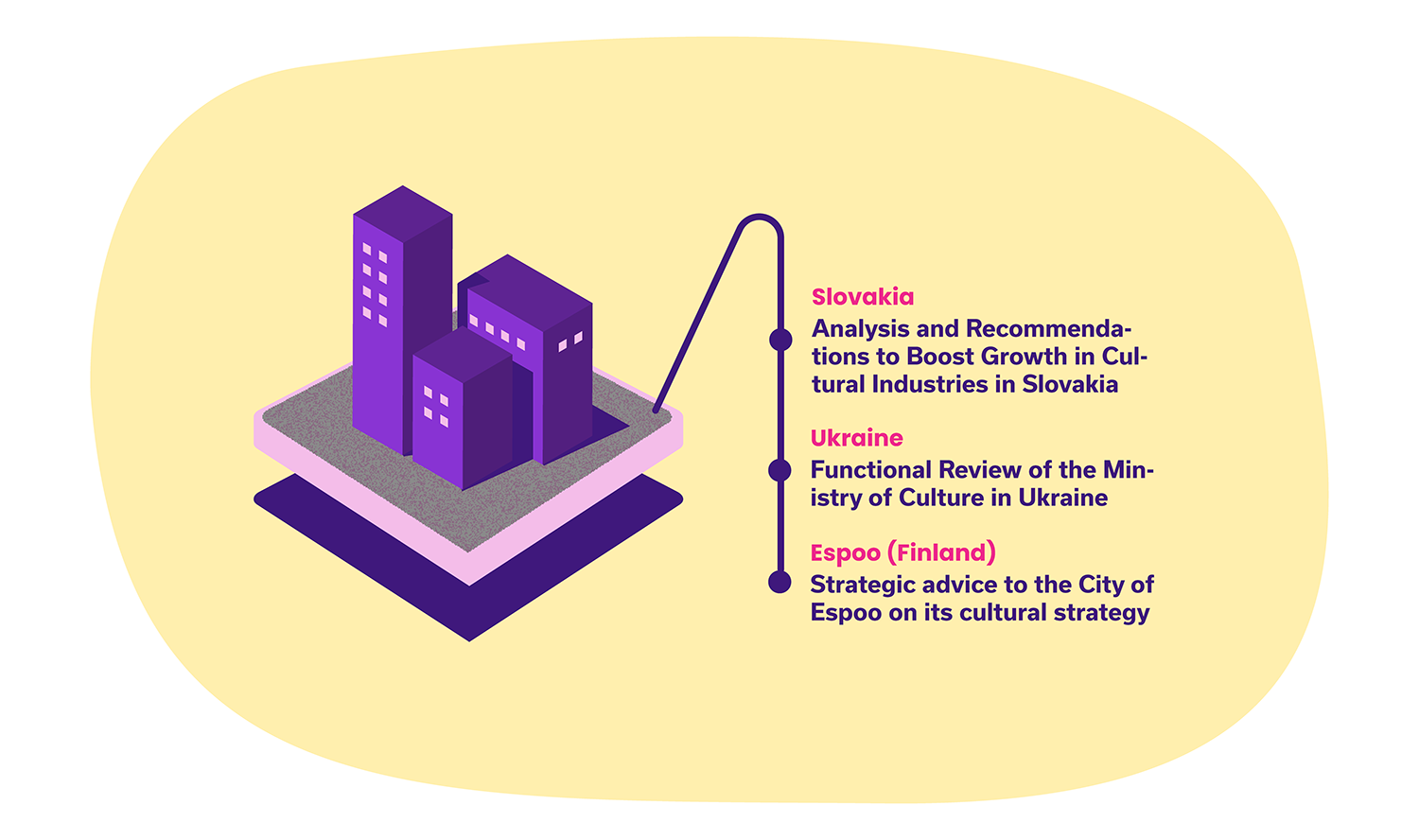
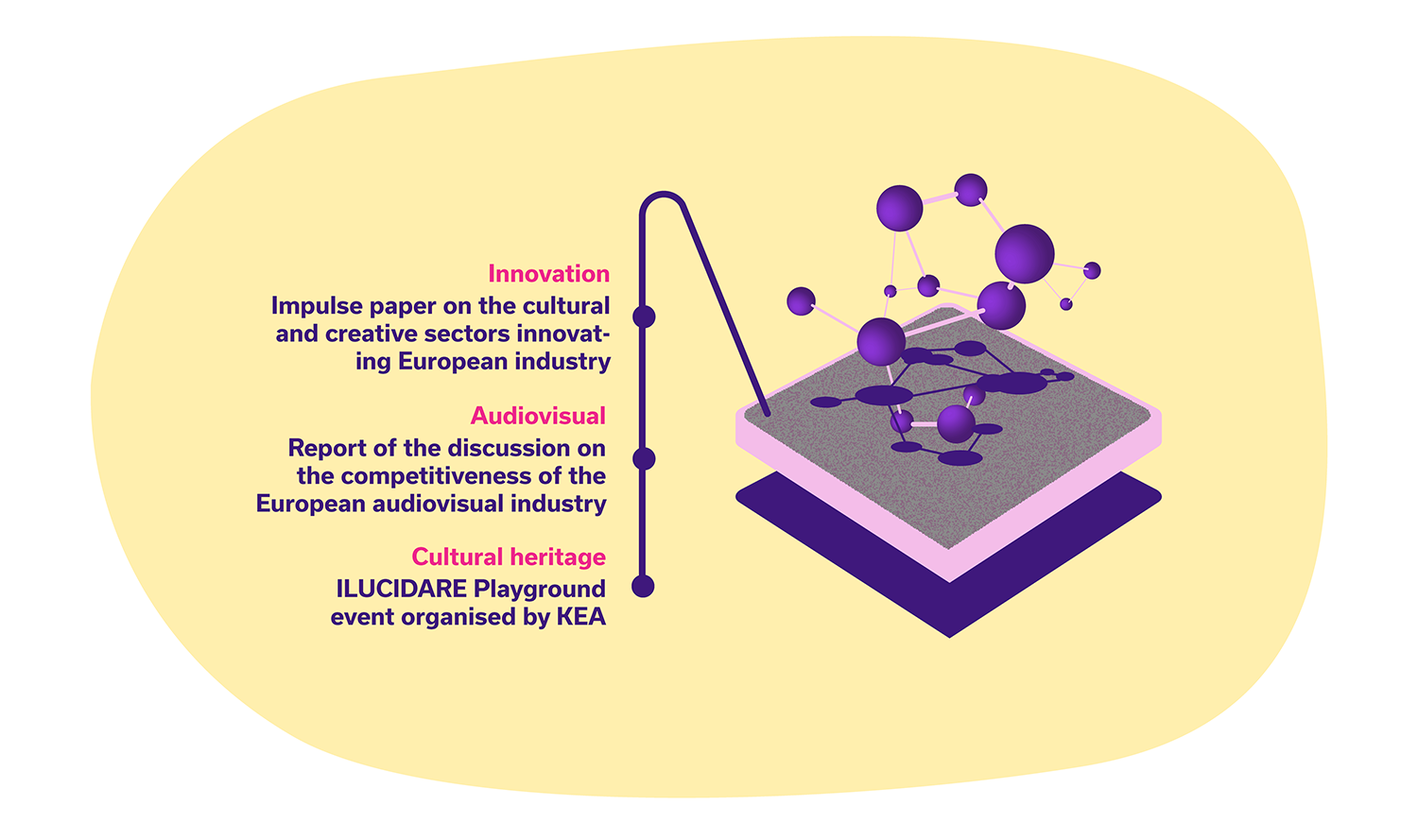
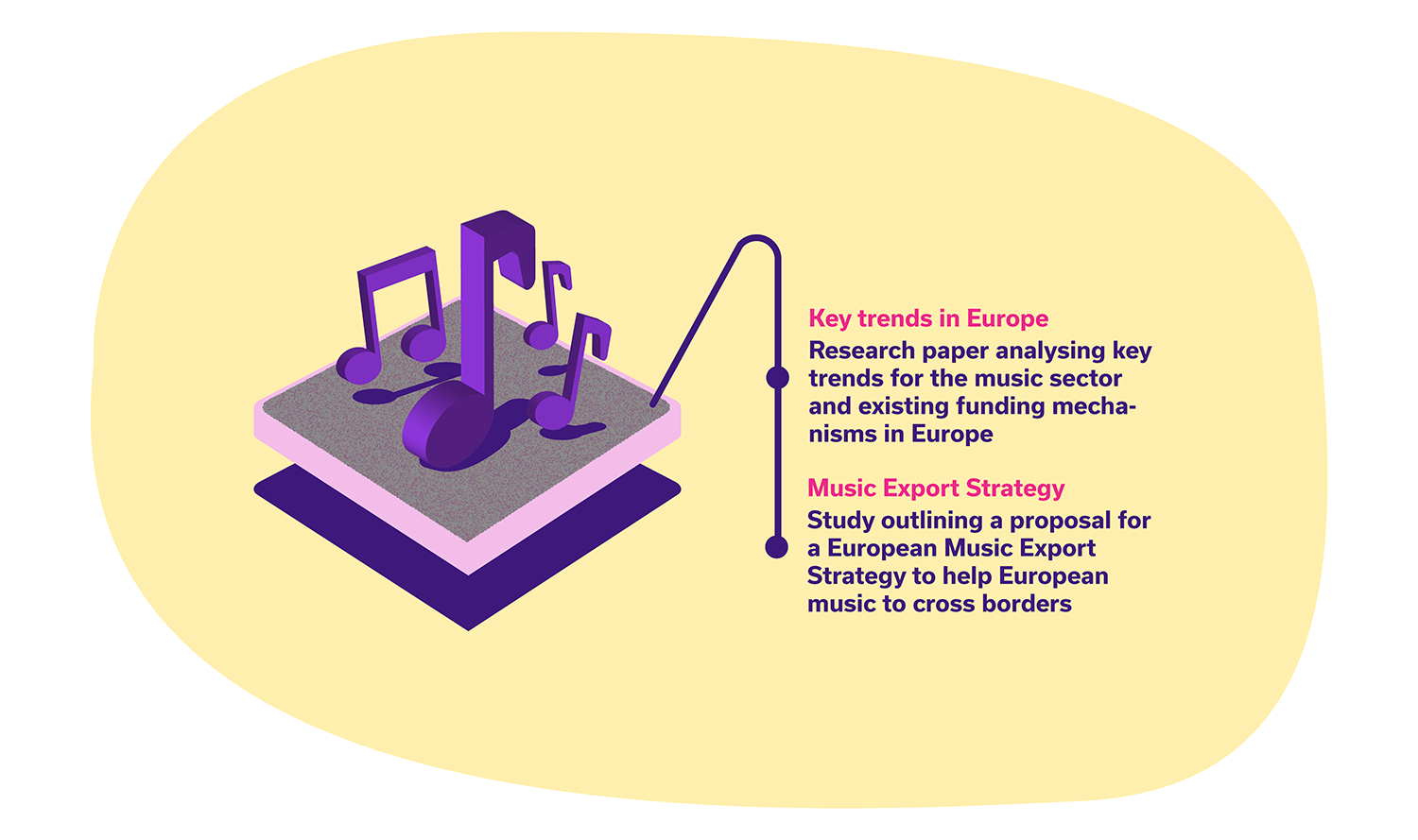
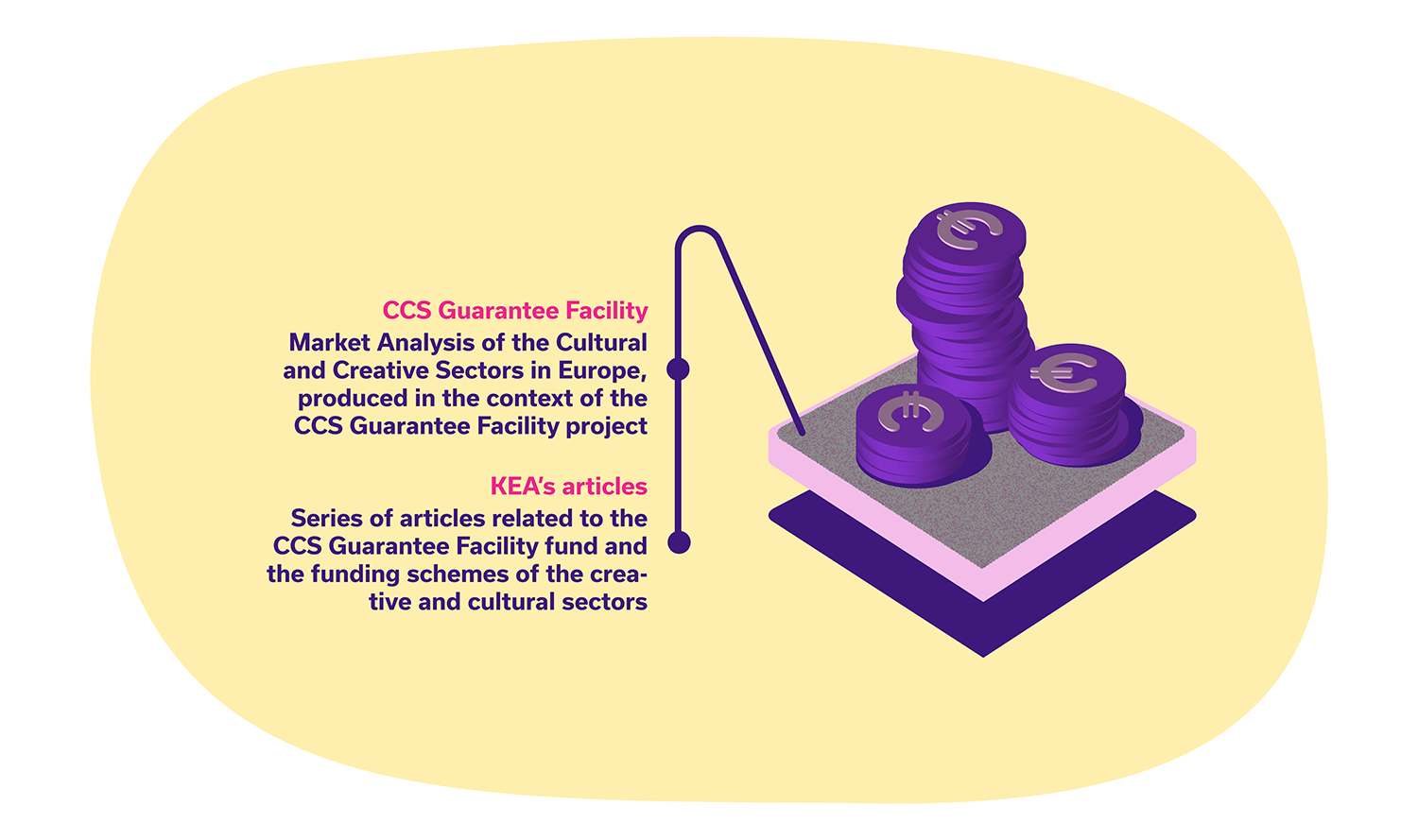
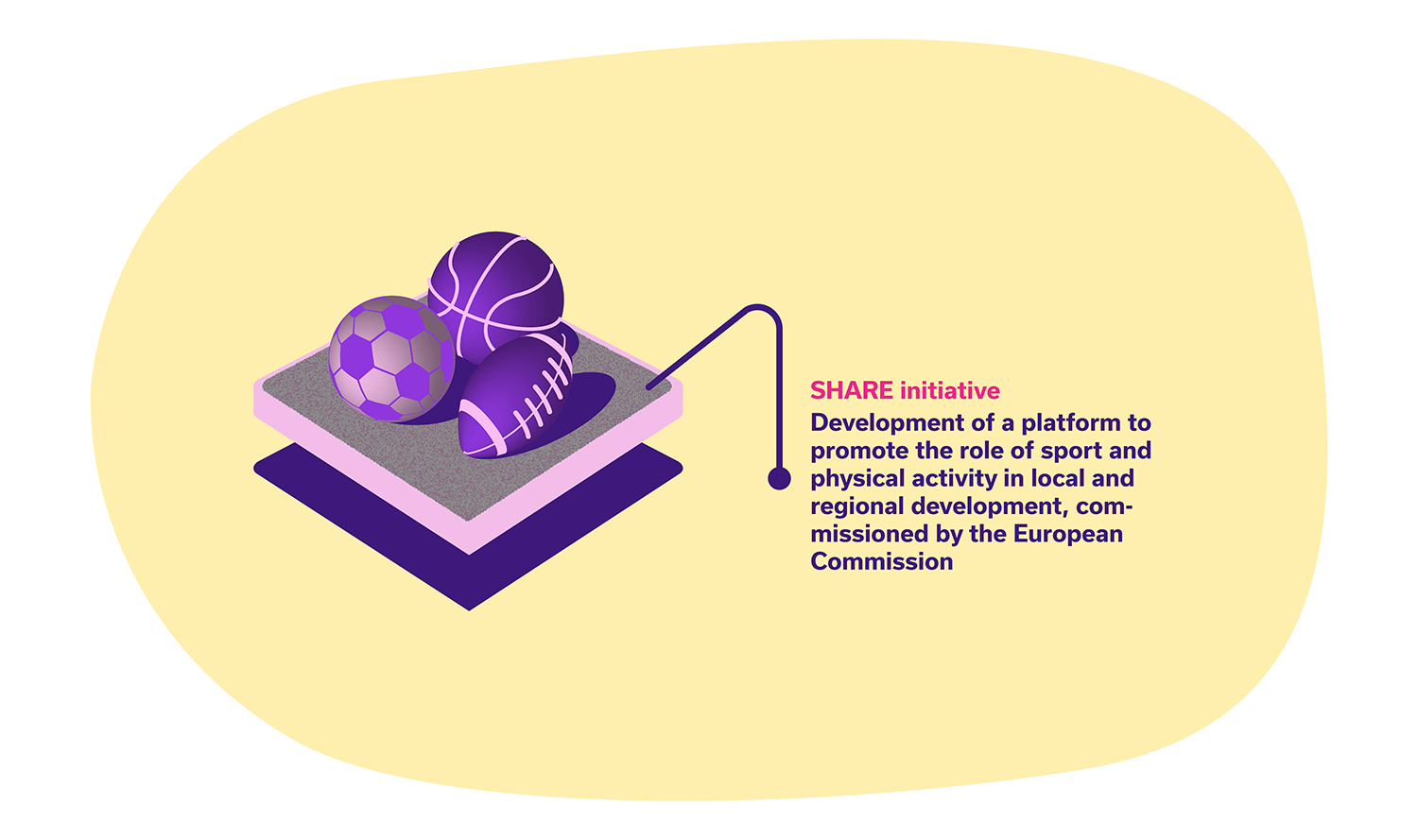
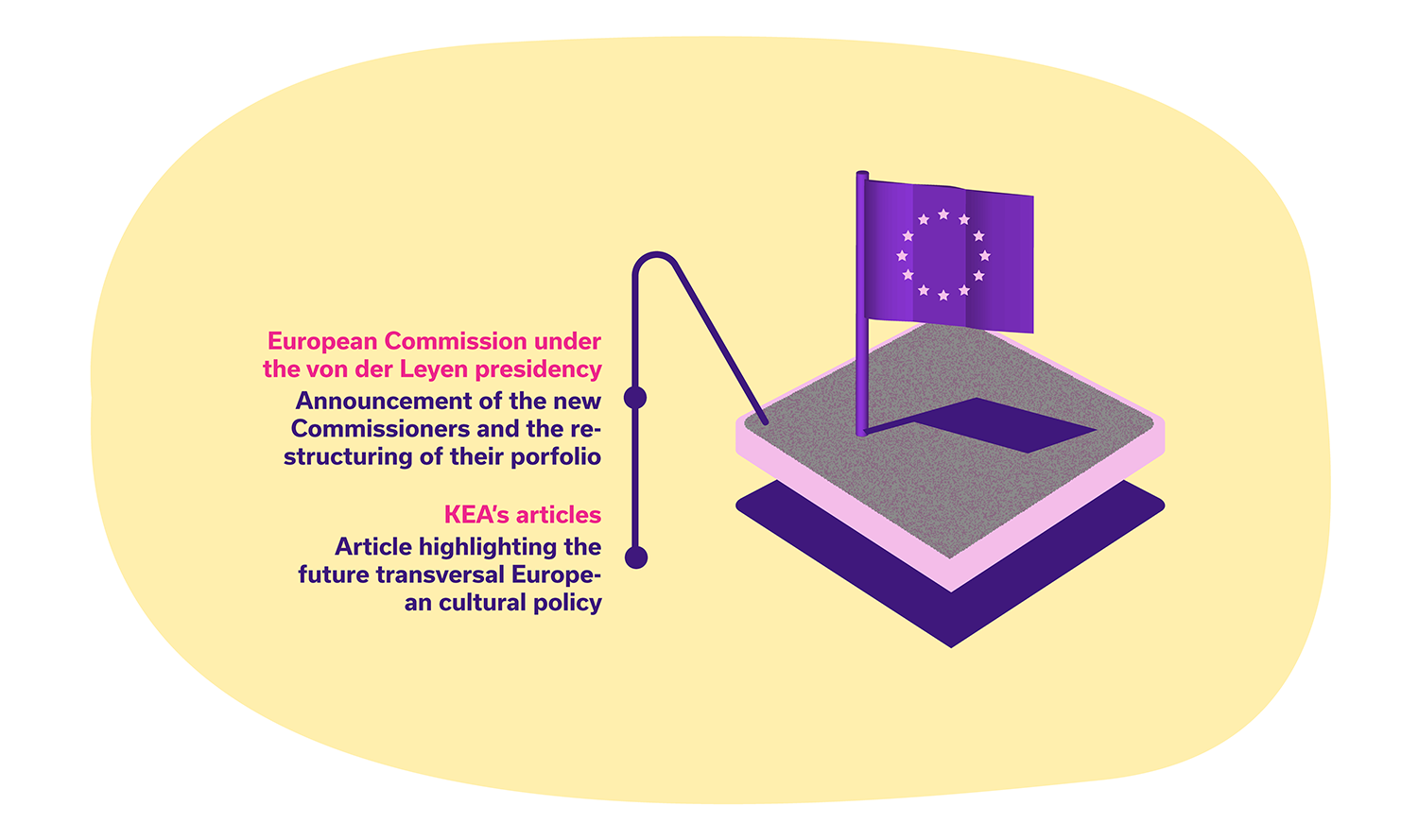
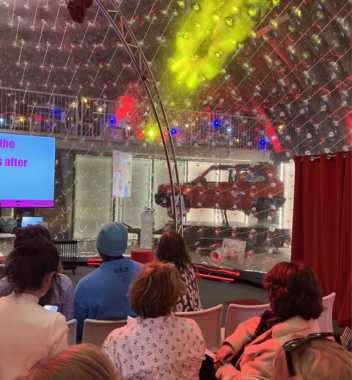
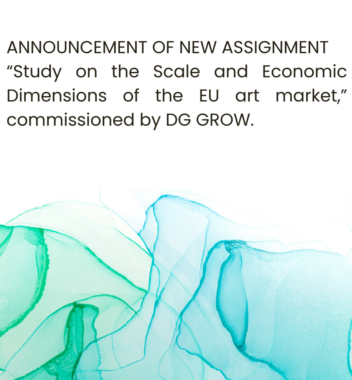
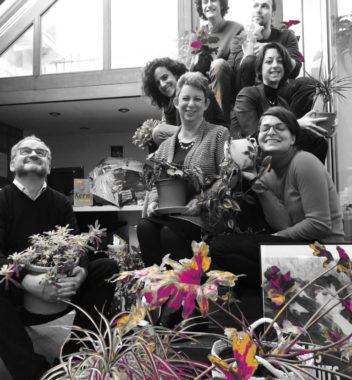


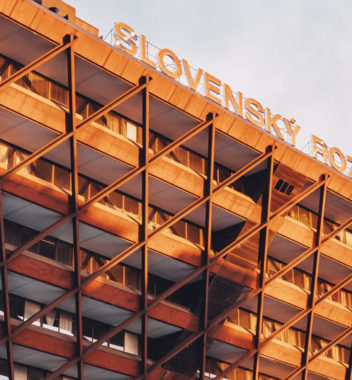
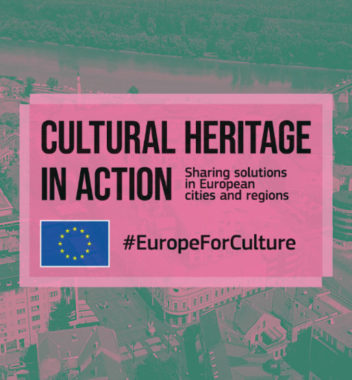
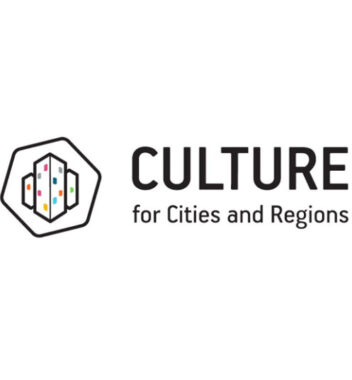


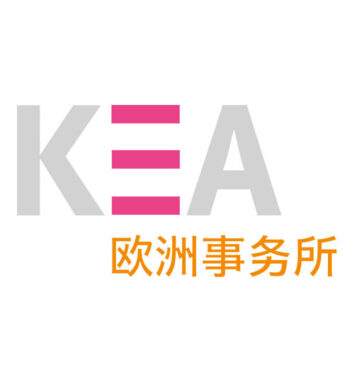
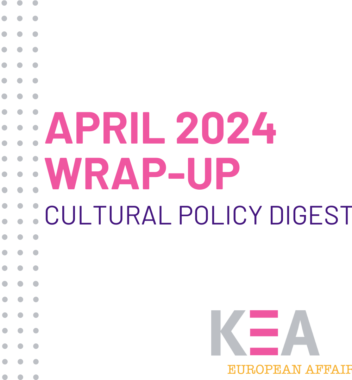



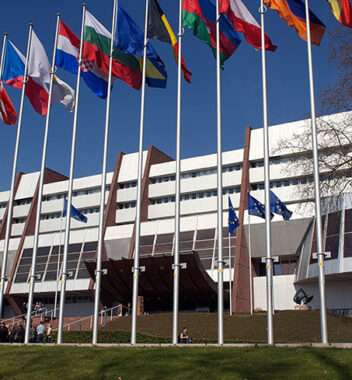
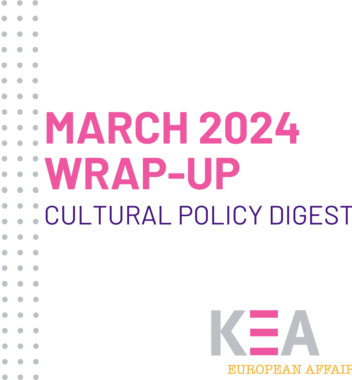


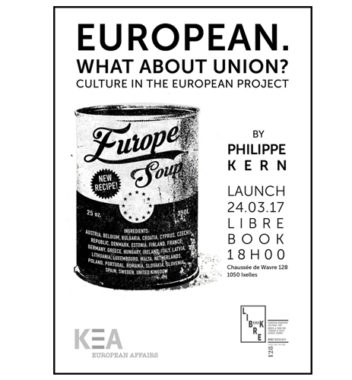
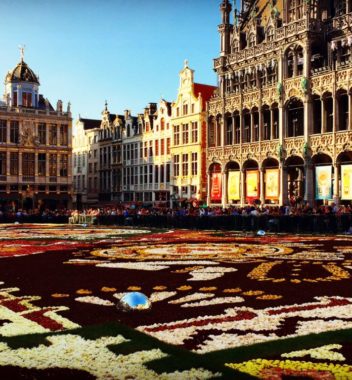


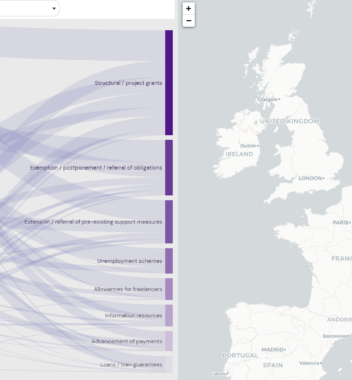

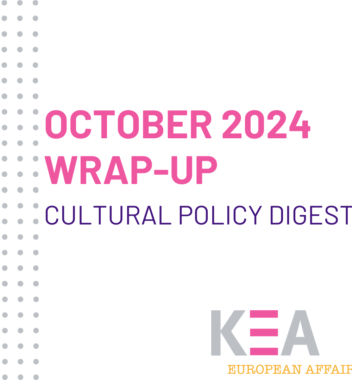


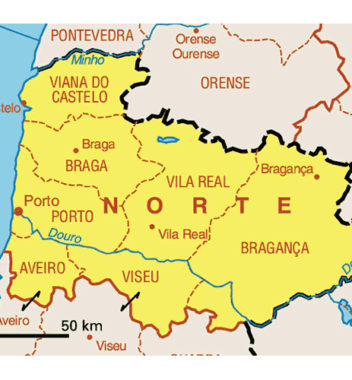







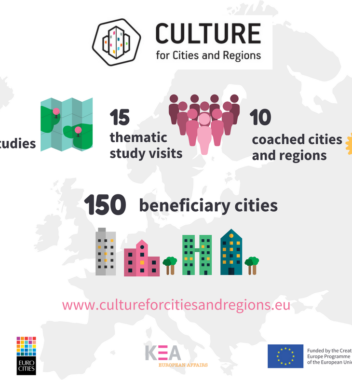
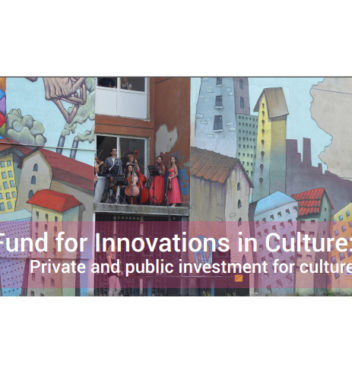
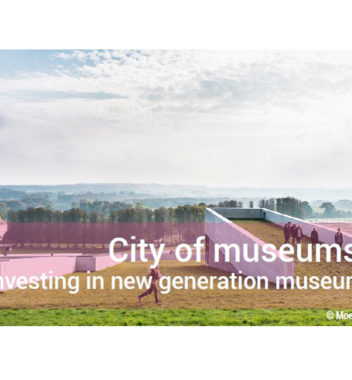



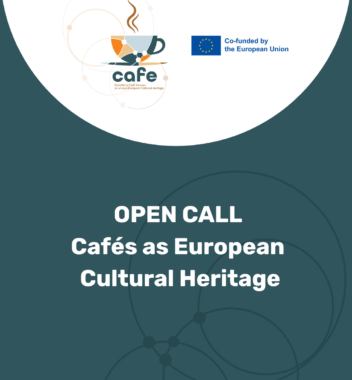


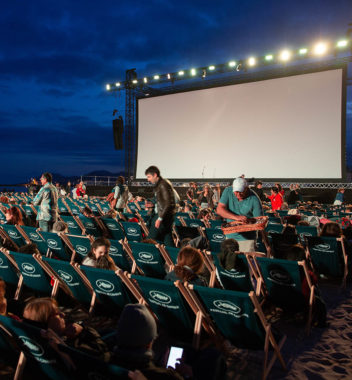








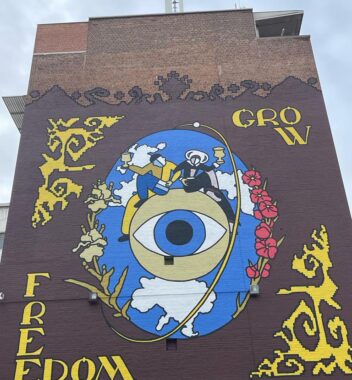

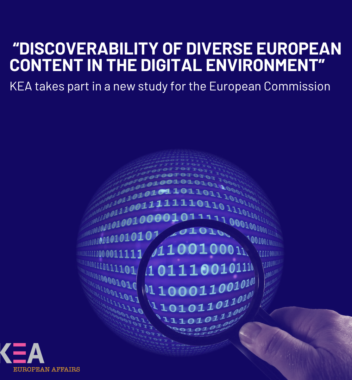






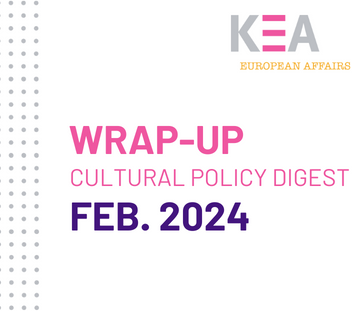


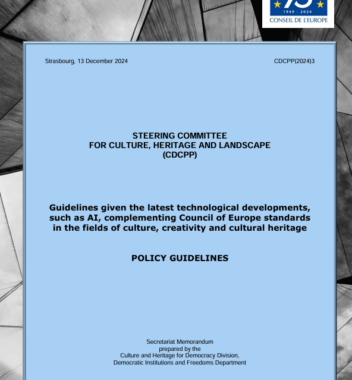




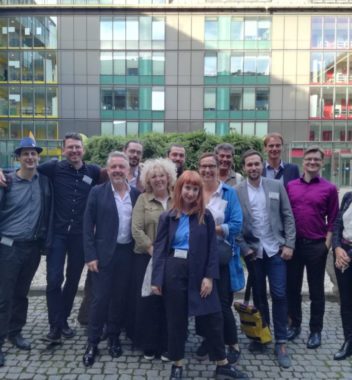

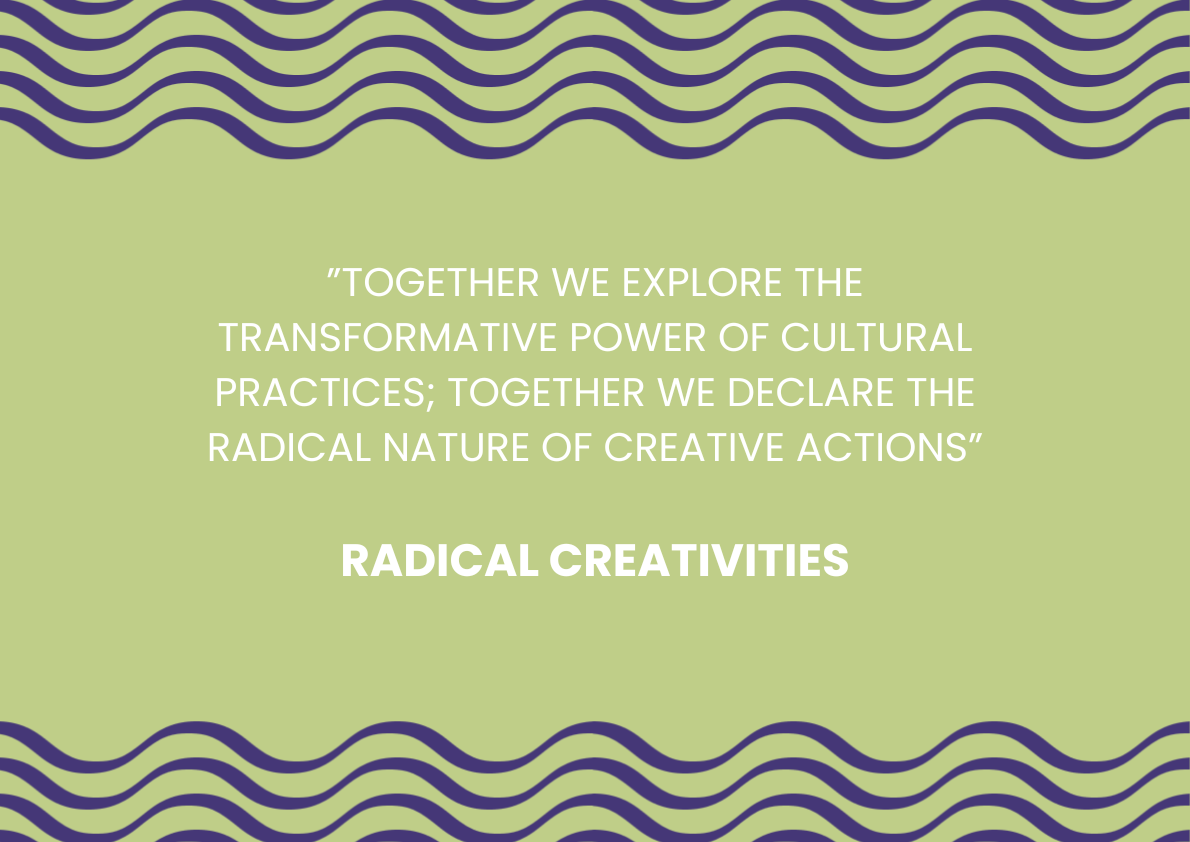



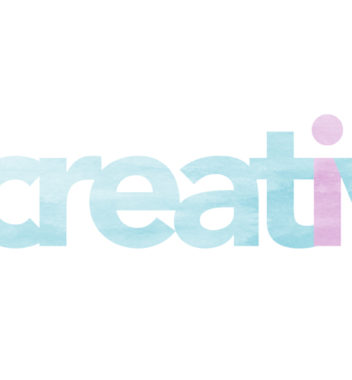


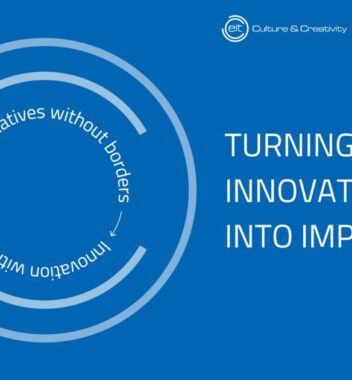


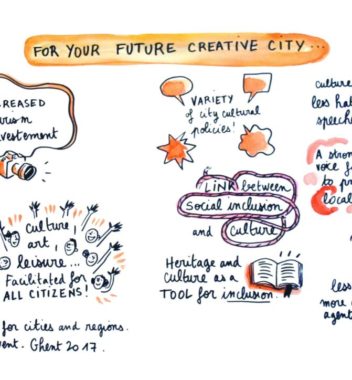

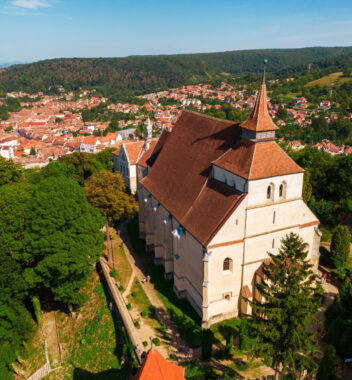

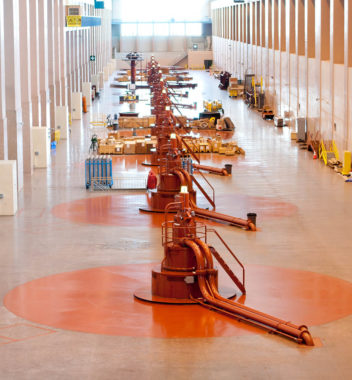
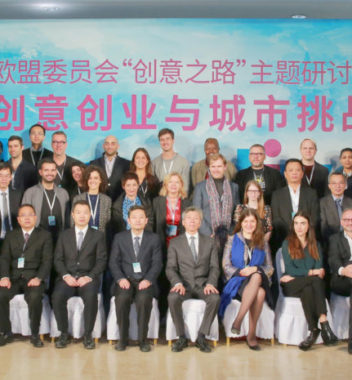



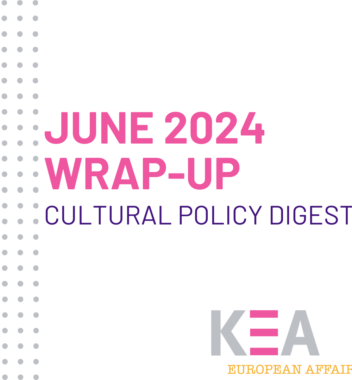
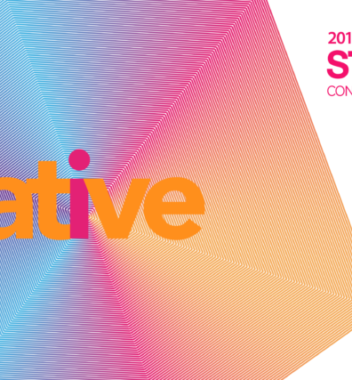





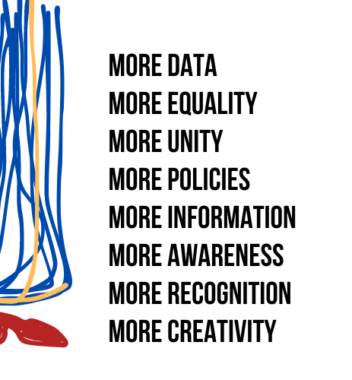
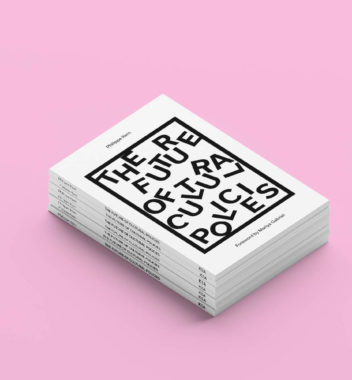

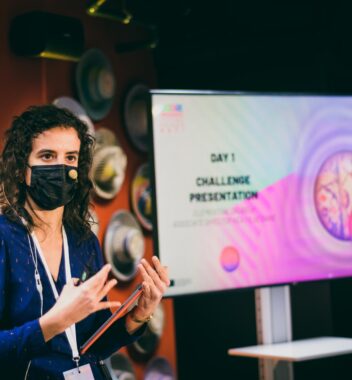
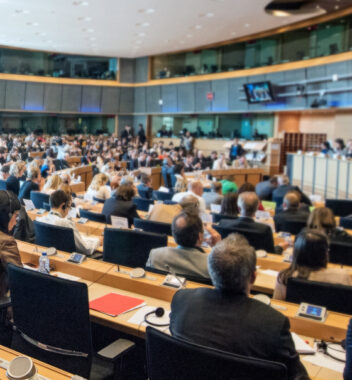


Dear Philippe, what an impressive and grapghically made accesible overlook on 2019 and revealing a diversity of KERN’s outreach I wasn’t aware of. I have been quite often referring to your future-oriented article on culture in Europe.
Dear Piet, many thanks for your nice words and support!